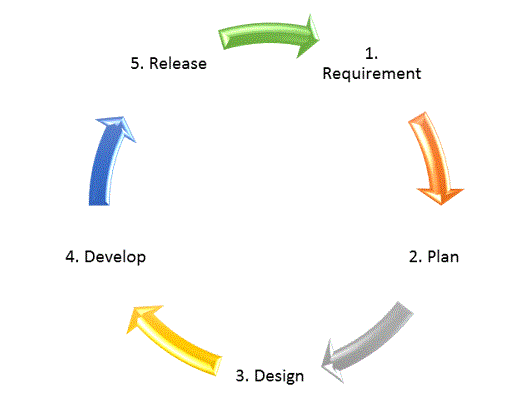Buxton is located at an elevation of 960 feet above sea level in Derbyshire, England. Buxton is also famous as the “gateway to the Peak District National Park”.
History
The town is believed to have been settled by the Romans who lived there throughout the occupation. Later, in the 18th century, the town was developed by the Dukes of Devonshire. After about a hundred years Buxton got introduced to the Victorians who developed it for the healing properties of the waters.
Healing Properties of the Water
Buxton has been known for its geothermal springs that emanate from the River Wye. The spring waters rise at a temperature of 28oC constantly. The fifth Duke of Devonshire is said to have developed the town as a spa from his own profits.
Festivals
The Buxton Festival
The Buxton Festival was founded in 1979 and continues for a three weeks period in July. It is an opera and arts festival that runs at various venues including the Opera House. Various programs are included in this festival. During the festival, literary events, concerts and recitals are also held.
The Buxton Festival Fringe
The festival runs just alongside The Buxton Festival and is a warm-up or prelude to the Edinburg Fringe. The Buxton fringe hosts various kinds of cultural events and films in different venues around the town. In 2014 it had featured 600 such events from 150 plus different entrants.
People
Many known names belong to the town of Buxton. They include
- Robert Stevenson who directed many pictures for Disney
- John Buxton Hilton – British Crime Writer
Misc
Buxton hosts the Four Four Time music Festival every Feburary. It features rock, pop, folk, blues, jazz and world music. Buxton has various museums and art galleries that feature collections of local artefacts. They also display geological and archaeological samples and 19th- and 20th-century paintings.

 ENQUIRE
ENQUIRE
 REQUEST CALLBACK
REQUEST CALLBACK
 GET A FREE QUOTE
GET A FREE QUOTE


 Introduction
Introduction Course Details
Course Details Course Content
Course Content




 London
London